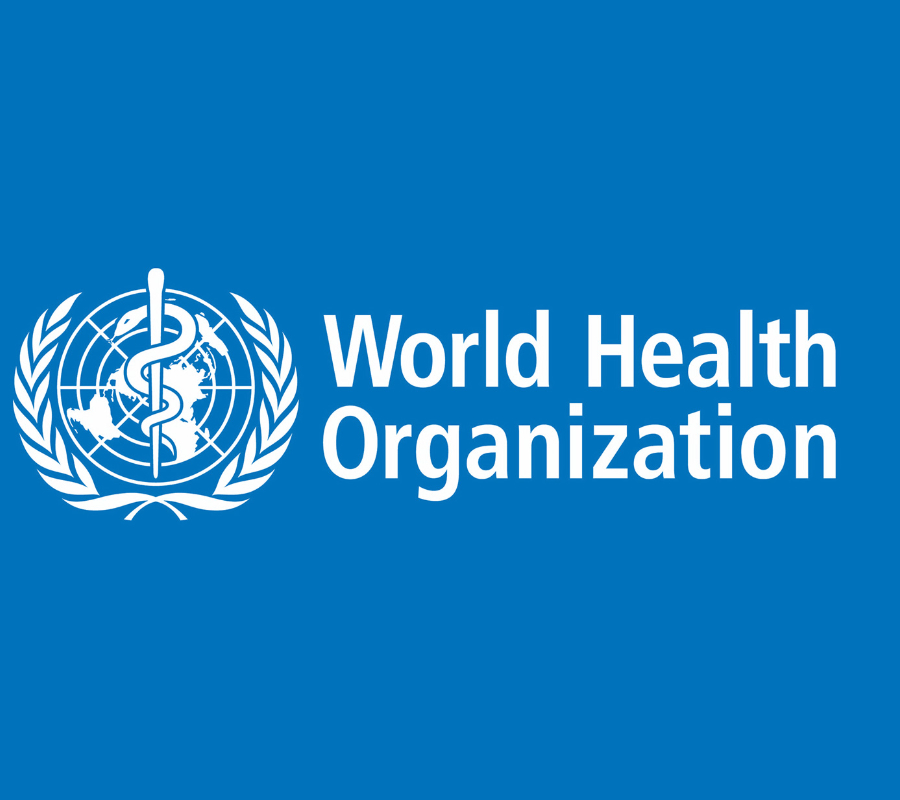A study conducted by Mexican scientists from the National Institute of Psychiatry Ramón de la Fuente Muñiz concluded that being transgender should no longer be considered a mental disorder, as diagnosed by the World Health Organization International Classification of Diseases (WHO-ICD).
The investigation called “Removing transgender identity from the classification of mental disorders: a Mexican field study for ICD-11” was led by Ph.D. Rebeca Robles, along with six other researchers with a background in psychology, psychiatry, and biology. The ICD is the world’s most relevant diagnostic tool for clinical purposes. It includes an analysis of the general health of certain populations and countries. It also classifies health problems and monitors the behavior of diseases.

How can a field study impact the IDC’s classifications
The study used descriptive statistics, univariate comparisons, and multivariate logistic regression models to predict distress and dysfunction in transgender adults who were receiving health-care services at the time of the investigation. The mechanism was a structured interview that focused on the medical history of the participant, particularly the history related to his or her gender identity diagnoses, a structure proposed by the ICD.

The interviewer also reviewed the participant’s background on psychological distress, functional impairment, violence and other sociodemographic data relevant to his or her mental profile. In that sense, the investigation aimed to compare the definitional requirements of mental disorders with the particular characteristics of transgender adults, to determine if being transgender is a medical disorder.
Distress and impairment are relevant conditions of mental disorders, according to WHO. Researchers tried to determine whether distress in transgender people responds to the structure of medical disorders or other factors linked to their condition, such as social rejection, violence, and emotional harassment.
New findings may change the way WHO sees transgender populations
Most people who shared details about high levels of stress reported experiences that caused dysfunction in their lives, mostly linked with family or social environments.

In that sense, scientists stated that most distress and dysfunction in work, social, familiar, and scholastic environments were related to experiences of social rejection due to their gender incongruence, and not to a clinical indicator of mental disorder.
So far, most articles, guidelines and policy briefs developed by WHO link transgender people to their health needs. The institution considers transgender people as a population with special needs due to its mental disorder classification.
The study aims to classify transgender identity and health issues linked to it outside the classification of mental disorders. The field study proved that transgender people share characteristics with people suffering from mental disorders, but the common features come from different clinical origins.
"1.4 Million Adults Identify As #Transgender In America, Study Says": https://t.co/BRgZflDgiM
— Son of Baldwin (@SonofBaldwin) July 31, 2016
Source: The Lancet
